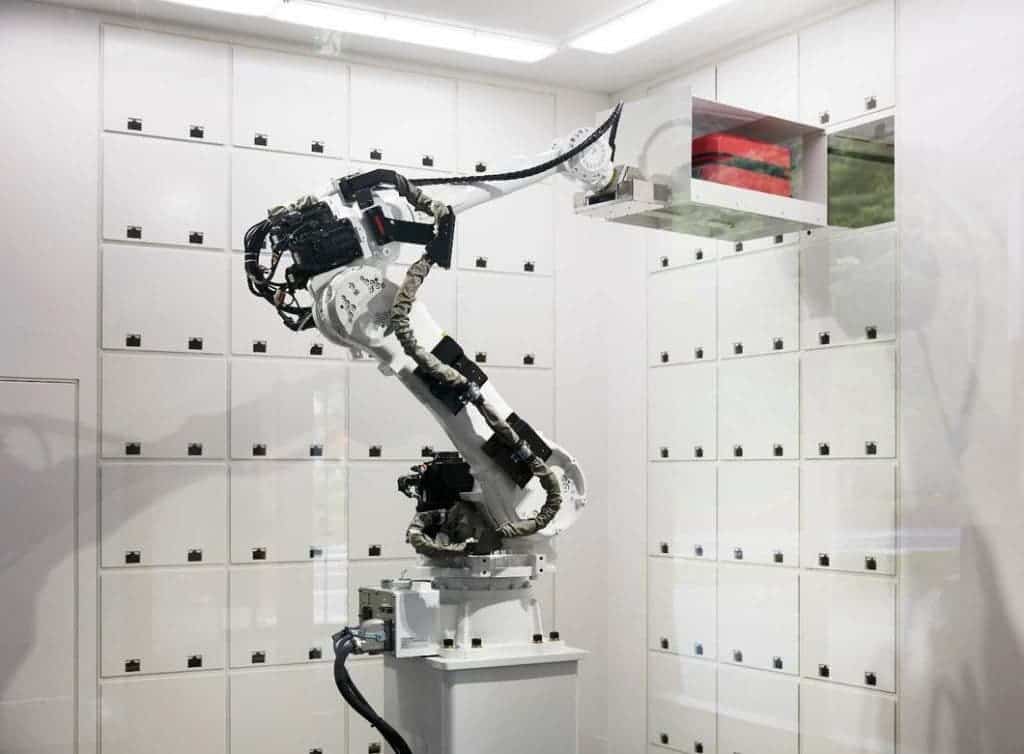If you’re thinking about the future days when robots will replace humans, well… those days are already here. The Henn-na Hotel (“Strange Hotel”) is staffed entirely by robots, including a dinosaur receptionist. They also have no room keys and a remarkable energy efficiency.
‘What we have strove to achieve with Henn-na Hotel is “The Ultimate in Efficiency,” ‘they write on their website.
Guests checking in to the Henn-na Hotel are greeted either by a multilingual humanoid lady robot, or by a vile dinosaur. Other robots do the necessary tasks, like lifting heavy baggage, storing it and guiding guests to their rooms. Self-service check-in and check-out eliminates the need to go to the front desk and sign things or wait in line. Also, there are no keys to the rooms – face recognition makes sure the guests are allowed to visit their room.
According to the company’s president, Hideo Sawada, the use of robots isn’t a marketing stunt or a gimmick to attract tourists, it’s an attempt to increase energy efficiency. Other measures include not providing any bathrobes or towels, not having refrigerators and automatic sensors that turn off the light when no one is in the room. Here’s the full list:
- Guest rooms do not have refrigerators.
- Guests can watch television on a tablet device.
- Tablet devices may be provided depending on the room type.
- Thanks to a motion sensor, lighting turns off automatically when no one is in the room.
- Lighting settings can also be controlled using a tablet device.
- All rooms feature a cutting-edge “radiant panel” air conditioning system.
- Robots make up our main staff.
- Please feel free to enjoy conversing with these warm and friendly robots as they efficiently go about their work.
- Keyless Stay – Henn-na Hotel uses a cutting-edge facial recognition system for keyless stays. If you prefer, you can also stay using a contactless IC key card.
- We do not provide pajamas or bathrobes, etc. Please bring your own.
- Amenities are available at the Amenity Store.
Also noteworthy is the air conditioning system – the radiant panel air conditioning uses electromagnetic waves to transfer heat directly from one object to another, without wasting energy by heating the air in between. The Henn-na Hotel opened on July 17. There are 72 rooms available now, with another 72 planned to be built. A room costs 9,000 yen per night, which seems like a lot, but it’s only $73.
So, what do you think? Would you check in at a fully robotized hotel?
For more information and reservations, check out their website!












